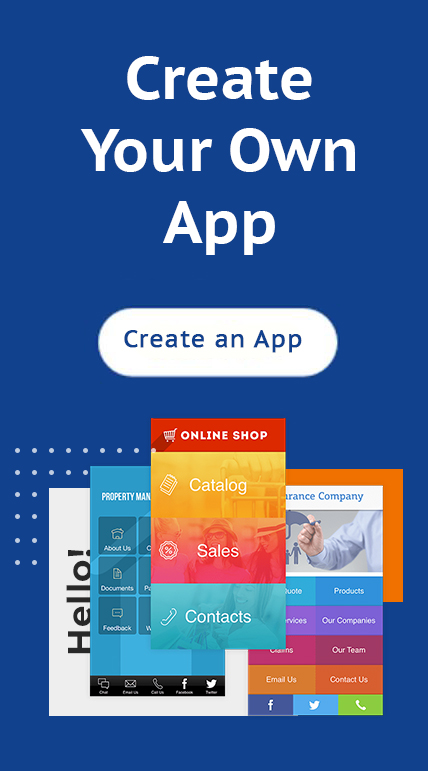With the increasing use of smartphones and tablets, mobile apps have become an essential tool for businesses to reach their customers and employees.
A corporate mobile app can be a game-changer for your business, enabling you to engage with your customers and employees more efficiently. In this blog post, we will discuss how to create a successful corporate mobile app strategy that can help you achieve your business goals.

Define Your Objectives
The first step in creating a successful corporate mobile app strategy is to define your objectives. What do you want to achieve with your mobile app? Is it to improve customer engagement, increase sales, or enhance employee productivity? Defining your objectives will help you identify the features and functionality you need to include in your app to achieve your goals.Identify Your Target Audience
Once you have defined your objectives, you need to identify your target audience. Who are your customers or employees that will be using your mobile app? What are their needs and preferences? Understanding your target audience will help you design an app that meets their specific requirements and expectations.Choose the Right Platform
Choosing the right platform is crucial for the success of your mobile app strategy. You need to consider the platform that your target audience uses the most, whether it’s iOS or Android. You should also consider the features and functionality that each platform offers and choose the one that best suits your business needs.Define Your App’s Features and Functionality
The features and functionality of your app should align with your objectives and target audience. For example, if your objective is to improve customer engagement, you may want to include features such as in-app messaging, push notifications, and loyalty programs. If your objective is to enhance employee productivity, you may want to include features such as task management, file sharing, and team communication.Design a User-Friendly Interface
A user-friendly interface is essential for the success of your mobile app. Your app should have an intuitive and easy-to-navigate design that makes it easy for users to find the information and features they need. You should also ensure that your app’s interface is consistent with your brand’s visual identity.Ensure App Security
App security is a top priority for businesses developing mobile apps. Your app should be secure and protect sensitive data from unauthorized access. You should implement robust security measures such as encryption, two-factor authentication, and data backup to ensure that your app is secure.Test and Launch Your Corporate Mobile App
Before launching your app, you should test it thoroughly to ensure that it is functional and bug-free. You should also test your app with your target audience to get feedback and make improvements. Once you have tested your app, you can launch it on the app stores and start promoting it to your target audience.Conclusion
A corporate mobile app can be a powerful tool for businesses to reach their customers and employees. To create a successful mobile app strategy, you need to define your objectives, identify your target audience, choose the right platform, define your app’s features and functionality, design a user-friendly interface, ensure app security, and test and launch your app. With the right strategy in place, your corporate mobile app can help you achieve your business goals and stay ahead of the competition.Now is the time to make your business more efficient; learn to manage your distributed workforce with a mobile app from iBuildApp!
